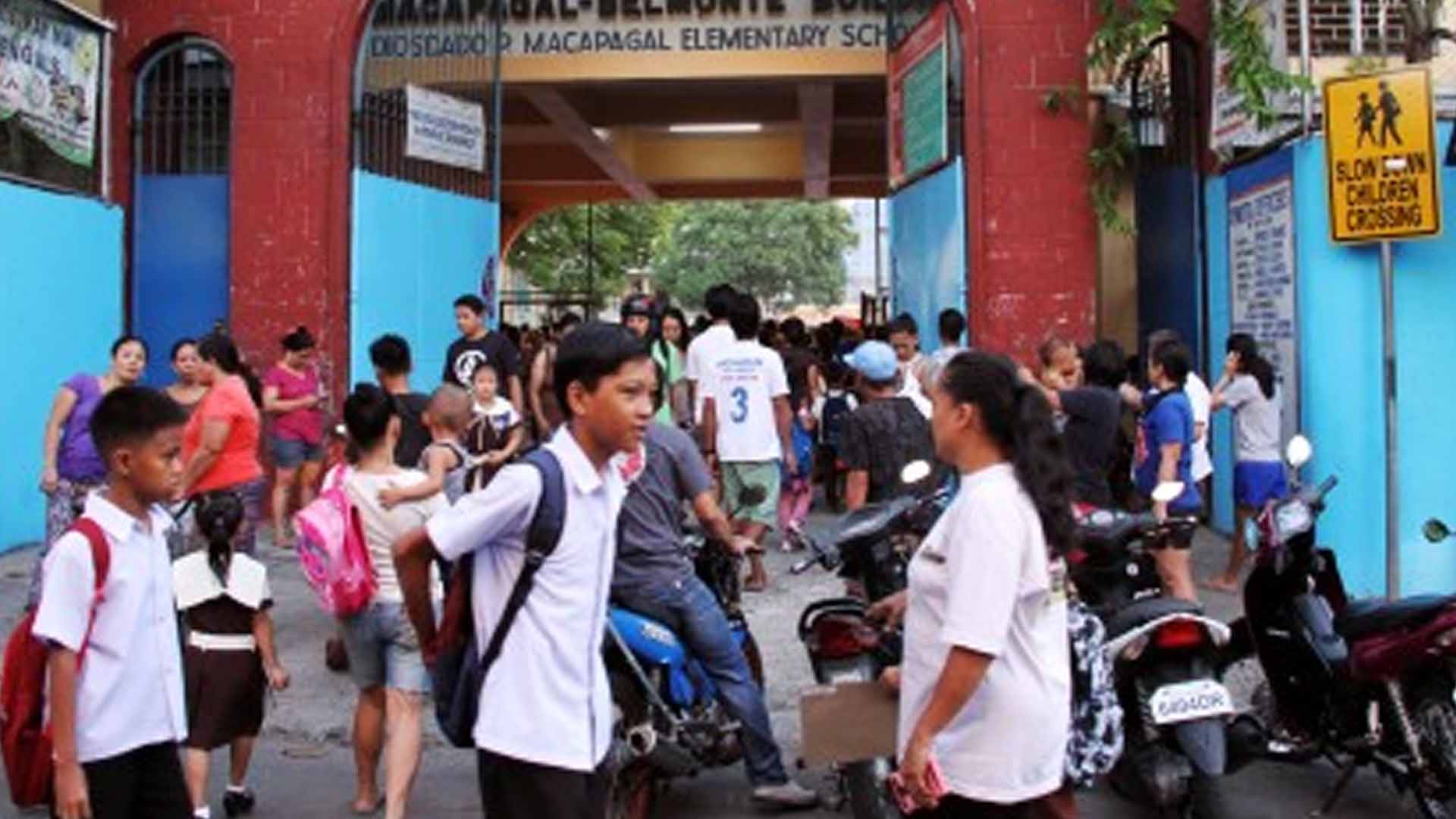The Department of Education (DepEd) is “on the right track” to improve the quality of basic education in the country, Malacañang said after the Philippines posted a poor ranking in the Programme for International Student Assessment (PISA) in 2018.
“Our education officials are on the right track as we address the issues and gaps in the basic education sector,” Presidential Spokesperson Salvador Panelo said in a statement.
“These include a continuing review of the K to 12 program, improving our students’ learning facilities and retooling the knowledge and skills of our teachers,” he added.
The Philippines showed a dismal performance in reading, math, and science out of the 79 member and partner countries of the Organization for Economic Co-operation and Development (OECD), according to the results of the PISA 2018.
The Philippines scored lowest in reading comprehension and the second-lowest in science and mathematics assessment conducted by the inter-government group OECD last year.
The Philippines registered 340 points in reading, below the average of 487 points of OECD member and partner countries; 353 points in Mathematical Literacy, below the average of 489 points; and 357 points in Science, below the average of 489 points.
The PISA, launched by OECD in 1997, is an international study that surveys its members and partner countries every three years for comparative data on 15-year-old’s performance in reading, mathematics, and science.
On Wednesday, DepEd said the Philippines joined the PISA for the first time to establish a baseline for its reform initiatives on quality basic education.
Panelo said the Palace welcomes the move of DepEd Secretary Leonor Briones to evaluate the country’s basic education by comparing its performance with other nations.
He also took note of the current administration’s courage to “open the eyes” of Filipinos with regard to the real status of the education system in the Philippines.
“The Office of the President thus opts to take a constructive view of the results of this global ranking testing system of the Organization for Economic Co-operation and Development,” he said.
“In sum, our government’s joining in this assessment program signifies that this Administration is unafraid to open the eyes of the Filipino people to the reality in order for us to ascertain what steps to undertake so we can perform better in the aspect of education,” Panelo added. (PNA)








